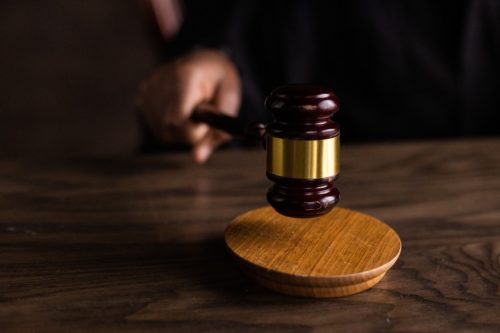
If you were charged with criminal contempt, you will need to reach out to our firm today and speak with a dedicated and experienced Cobb County criminal defense lawyer.
What does “contempt of court” mean?
Contempt of court is defined as conduct that defies, disrespects, or insults the authority or dignity of a court. Generally, contempt is seen as acts that are harmful to the court’s power to dispense justice. Judges usually have more control in determining whom to hold in contempt and the kind of contempt. Those held in contempt can hold parties to a proceeding, attorneys, witnesses, jurors, people in or around a proceeding, and officers or staff of the court itself. There are two types of contempt of court acknowledged: criminal contempt of court and civil contempt.
Civil contempt is the failure of a person to comply with a court order. Judges use civil contempt sanctions to force a person into conceding with a court order the person has violated.
You will want to keep in mind that if you are charged with criminal contempt of court, the charges are punitive, which means that they are to prevent future acts of contempt by penalizing the offender no matter what happens in the underlying proceeding. Someone imprisoned for criminal contempt cannot secure their own release by choosing to abide by the court.
Judges use a number of factors when determining whether to hold someone in civil or criminal contempt, including the nature of the underlying court proceeding (criminal or civil) and the rigor of the contemnor’s conduct.
What are indirect and direct contempt?
Contempt of court can happen either “directly” or “indirectly.” Direct contempt appears in the presence of the court. For instance, someone could achieve direct contempt by yelling at the judge in a way that limits the court’s ability to function and brings disrespect to the court. Indirect contempt occurs outside the presence of the court. Examples include improperly communicating with jurors outside the court, refusing to turn over subpoenaed evidence, and refusing to pay court-ordered child support. Recognize that not all of these steps describe criminal contempt.
What are the consequences of a criminal contempt charge?
Criminal contempt charges become separate charges from the underlying case. Unlike civil contempt sanctions, criminal contempt charges may resume after the resolution of the underlying case.
A person that is charged with criminal contempt typically gets the constitutional rights guaranteed to criminal defendants, including the right to counsel, the right to put on a defense, and the right to a jury trial in some cases. Charges of criminal contempt must be established beyond a reasonable doubt.
Contact Our Experienced Firm
If you are facing criminal charges, or have been injured due to the negligence of another party, our firm will fight for you. Contact Miller Law Practice today.